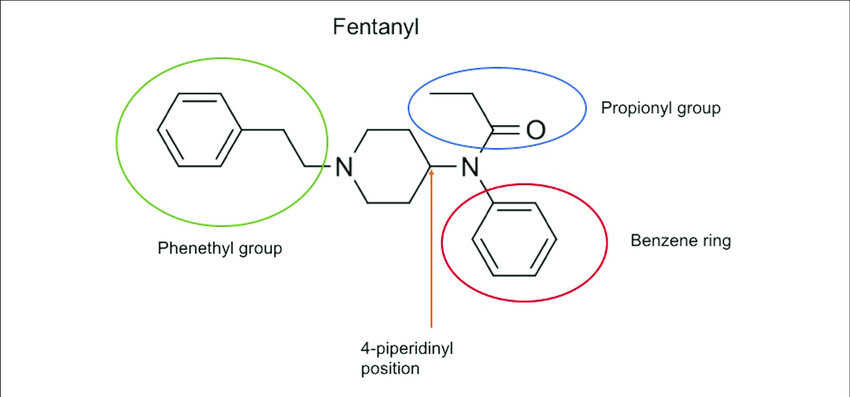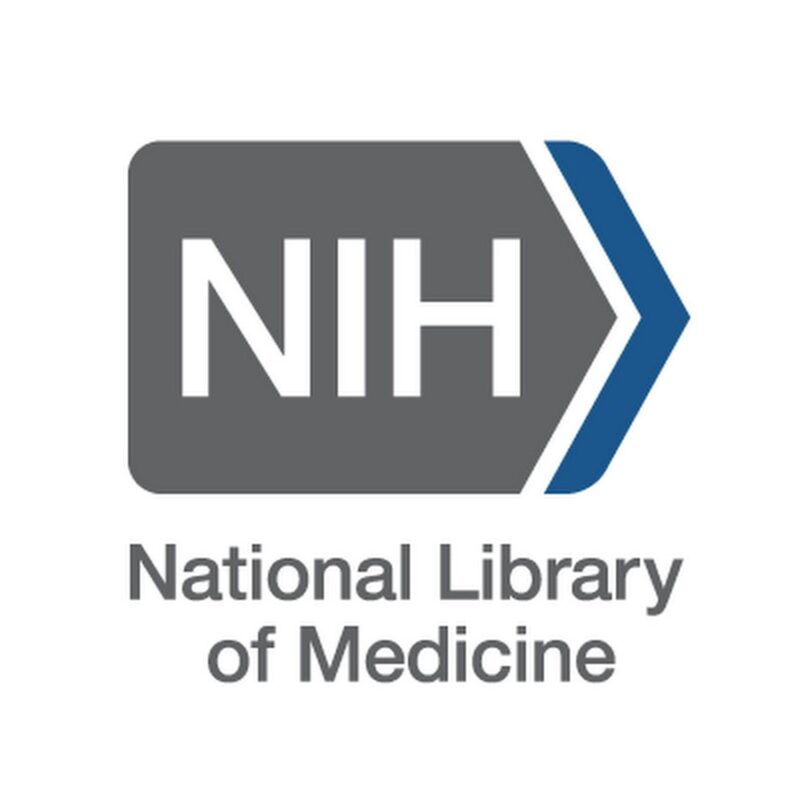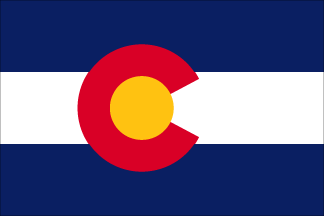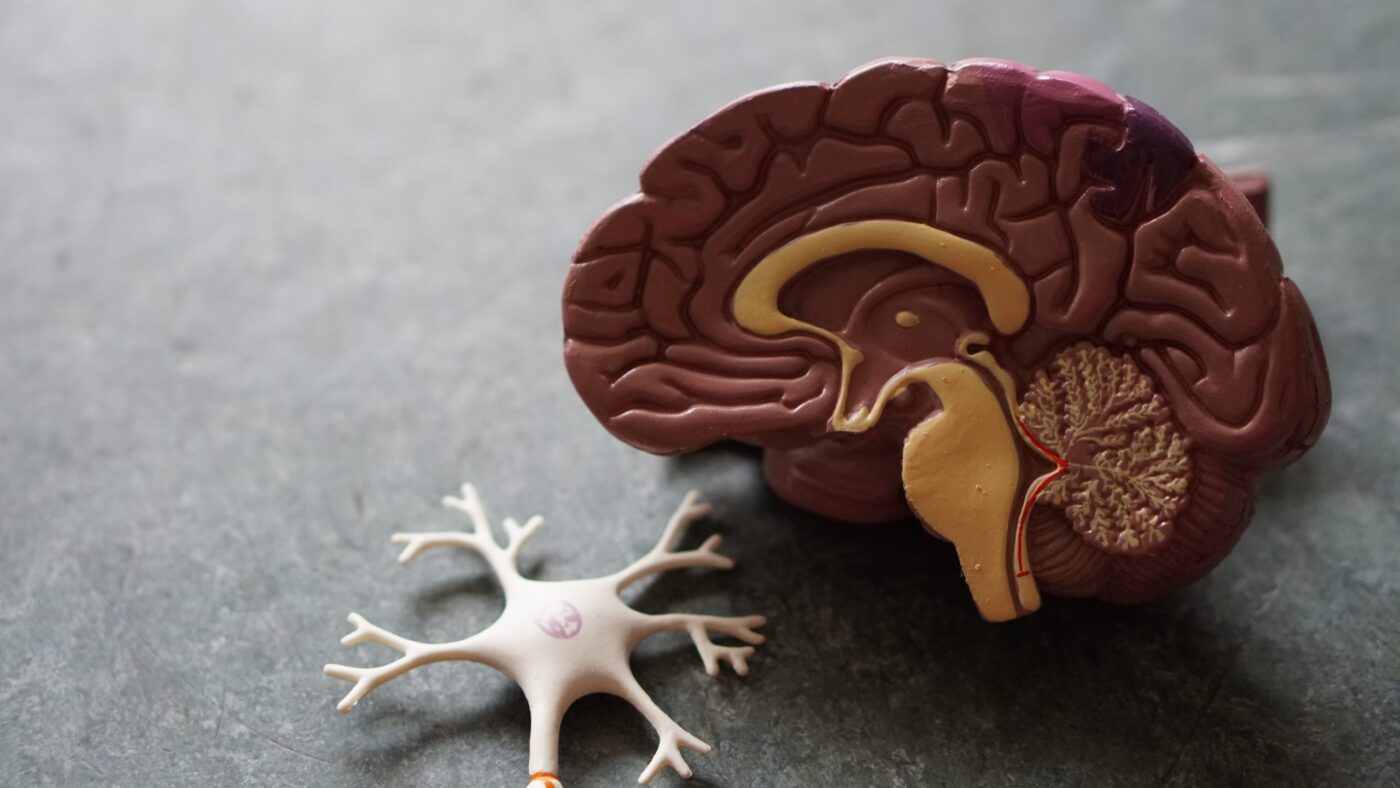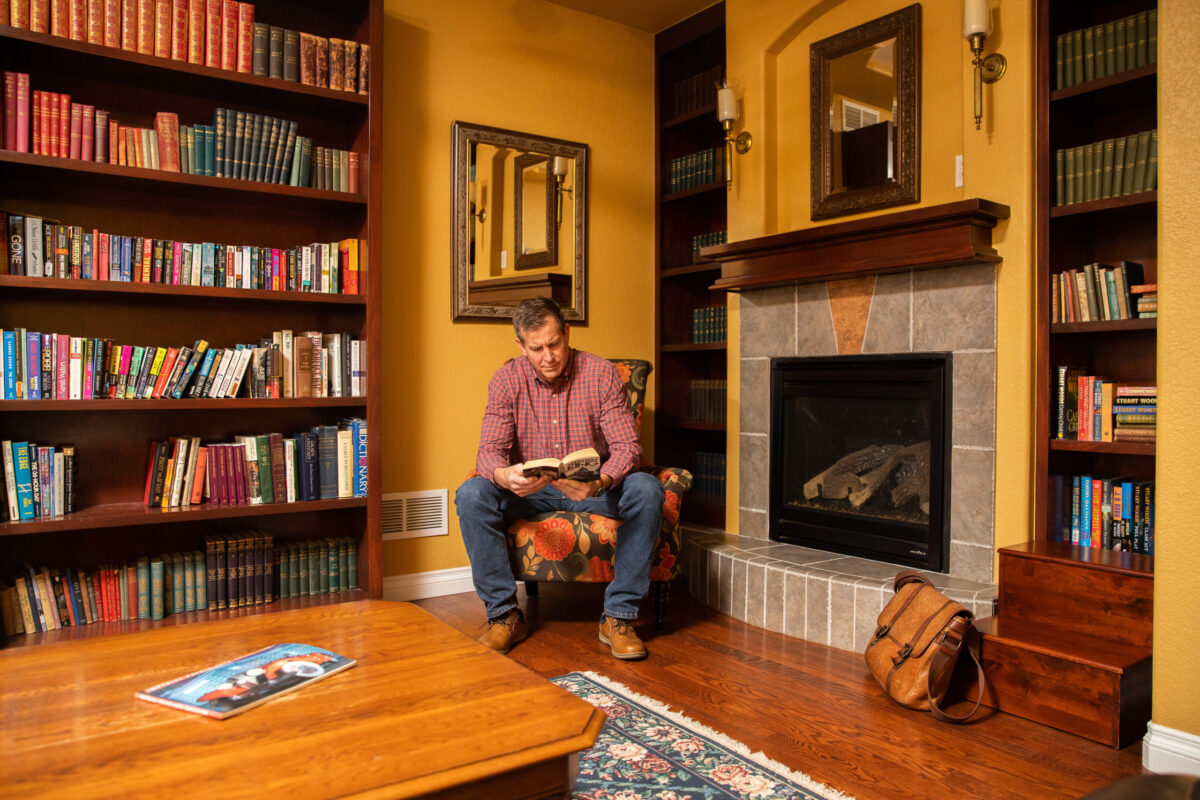Detoxification and other addiction treatment modalities in a rehab environment are major adjustments for people in early recovery. Body and mind are suddenly challenged in ways that can cause stress and anxiety. A patient in detoxification may experience a whole range of unpleasant symptoms and sensations such as headaches, insomnia, fatigue, irritability, heart palpitations, shallow […]
Give us a call(720) 796-6885



